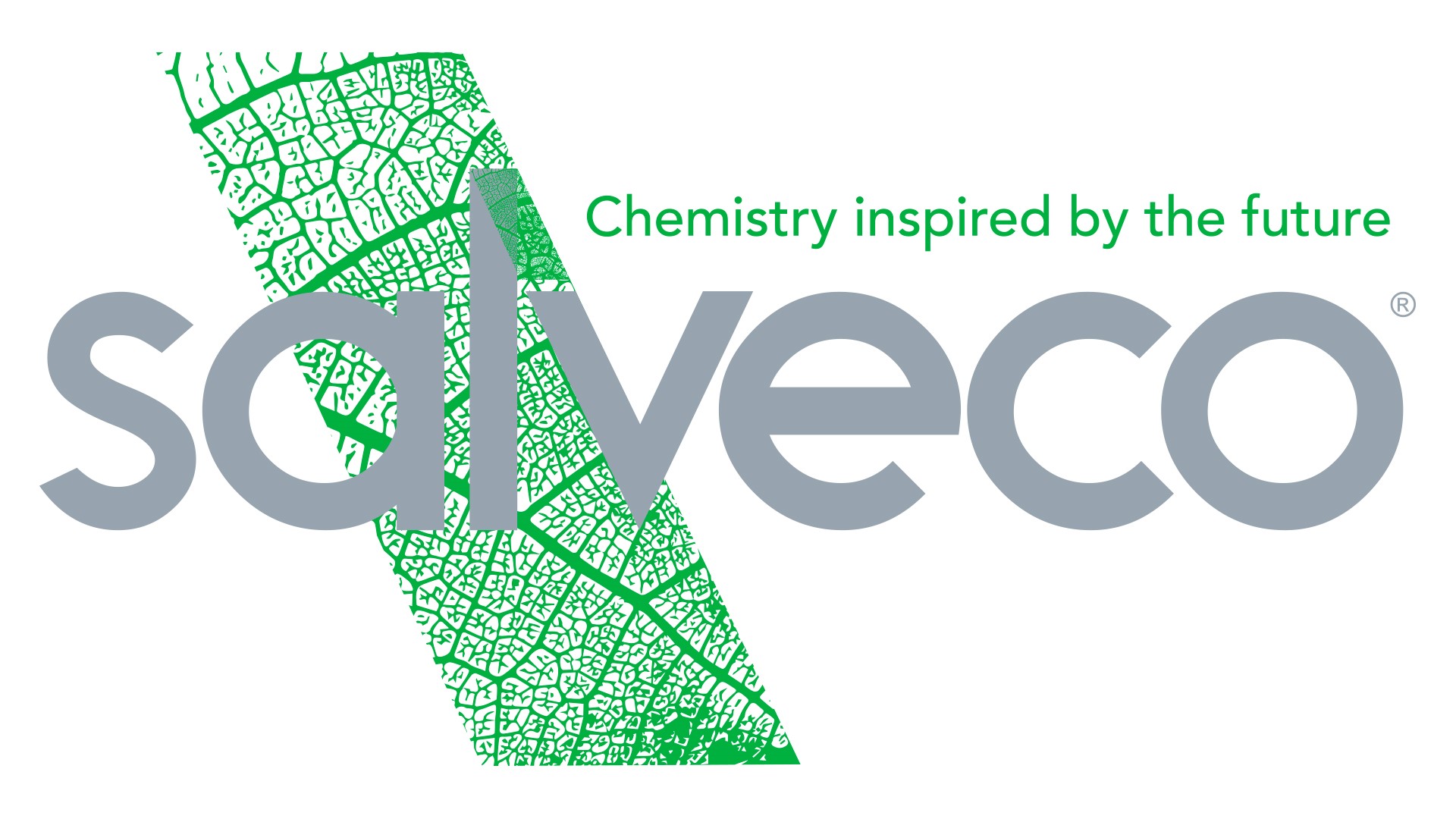The global chemicals market is in the midst of a transformation. Increasing demand for high-value products and natural raw materials, combined with growing pressure from regulators and consumers have triggered unprecedented change in this sector.
End-users of chemical products such as cosmetics, homecare, professional cleaning agents and disinfectants are also demanding natural ingredients that are safe for humans and the environment. To meet this demand, manufacturers are switching to plant-based chemistry, which uses renewable raw materials and other sources instead of oil or petrochemicals.
Biobased feedstocks are made from renewable plant sources, such as vegetable oils, fats, sugars, and starches. These feedstocks can be used to produce a wide range of chemicals, including solvents, surfactants, biocides, and more.
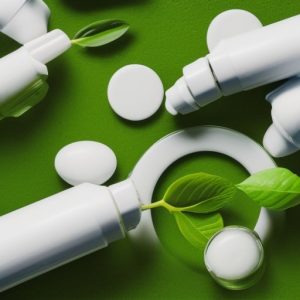
Is Responsible Manufacturing Possible With Plant-Based Chemistry?
The demand for more sustainable and safer chemicals production is rising, but is it possible to achieve sustainable manufacturing with plant-based chemistry? The answer is a clear Yes!
Plant-based chemistry impacts positively on manufacturing.
Compared with petrochemicals, renewable feedstocks, such as sugars and oils from plants, have lower energy inputs, emit lower greenhouse gas emissions and have a smaller impact on air and water quality.
Renewable feedstock also uses a smaller land area and has a less negative impact than crude oil or shale gas. Less competition for land means less pressure on the environment and more biodiversity.
Using renewable feedstocks instead of crude oil also decreases the risk of oil spills and other environmental disasters.
Thus, when replacing petrochemicals with renewable feedstocks, manufacturers can create products with a smaller carbon footprint, use fewer resources, and pollute less than petrochemicals.

How can manufacturers switch to responsible manufacturing and plant-based chemistry?
There is a growing demand for green chemistry, but how can manufacturers meet this demand and make responsible decisions in the development of their products?
The first step is to evaluate the current supply chain and determine the chemicals and raw materials used.
A thorough audit can help to identify possible opportunities for substitution, but it is important to keep in mind that every substitute has different properties, and every product is different. It’s impossible to find a single source that meets all requirements, but there are a few sustainable and responsible options that should be considered. More often than not, moving to a more ethical chemistry will require to add new suppliers to your supply chain, and develop a different formulation and regulatory expertise.
The advantage of agro-sourced ingredients can also be found from an eco(lo)nomic point of view in terms of circular economy with national or even local producers/suppliers. It also brings a certain independence from geopolitical conflicts that impact the cost of oil.
Safer Ingredients for Humans and the Environment
The role of chemistry in consumer health and well-being has grown in prominence in recent years. The chemicals that are used in everything from home care products to baby wipes are now regularly scrutinized for their potential to cause health damage or pollute waterways and soil. Companies that produce consumer products have responded by replacing some of the most harmful ingredients with safer alternatives. Virtually all consumer product manufacturers have stringent regulations and standards to ensure safe products.
The global requirements in terms of safety and sustainability are increasingly stringent. In Europe, the REACH (Registration, Evaluation, Authorization and restriction of Chemicals) regulations since 2007 have required manufacturers to demonstrate the safe use of chemicals in products.
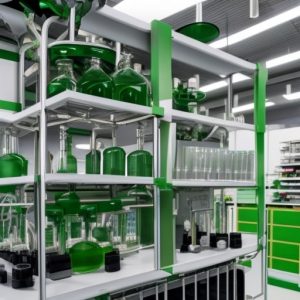
The global demand for responsible, natural and sustainable products is growing rapidly. Using renewable raw materials instead of oil in manufacturing boosts safety and provides a number of other benefits. For example, the glycols created from plant sugars do not cause skin irritation like alcohols made from petrochemicals do. There is also less risk of allergic reactions from plant-derived glycols. The safety of some ingredients may also depend on their source.
Another example, lactic acid from plant extracts has powerful biocidal properties and no adverse effect on the human skin and health, making it the perfect ingredient for homecare products, in comparison with, for instance, ethanol or quaternary ammonium.
Many homecare and personal care products contain a variety of chemicals that can be harmful to humans and the environment. Some of the most critical ingredients include surfactants like sodium lauryl sulfate and ethoxylated alcohols; solvents like isobutanol, n-butanol and ethylene glycol; and preservatives like benzoic acid, parabens, and formaldehyde. Some of these chemicals are already restricted or banned in certain regions, and there is pressure to phase them out completely.
In addition, using natural ingredients is a better option for the environment, as their production does not release as many greenhouse gases as petrochemical extraction does.
Natural Raw Materials, Renewable Manufacturing
Another benefit of using plant-based chemistry is that it uses renewable raw materials. This reduces pressure on scarce natural resources and lowers the costs of raw materials, while cutting down on the associated environmental risks. Plants can grow back. Oil does not.
End-users of chemicals are increasingly concerned about the use of toxic chemicals, particularly in cleaners. Thus, there is growing demand for non-toxic ingredients.
Using natural ingredients rather than petrochemicals in chemicals manufacturing also means that fewer molecules are released into the environment.
The benefits of using renewable feedstocks are not only limited to the manufacture of chemicals; they also extend to their end-use. When plant-based ingredients are used, they biodegrade faster than petrochemicals, which means that they break down into harmless substances more quickly, leaving no toxic residues that could harm the environment.
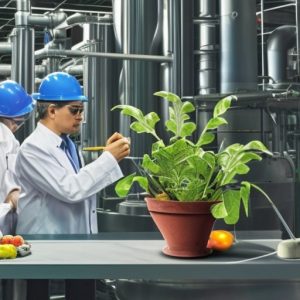
5 Benefits of Using Plant-Based Chemistry for Homecare products Manufacturers
Competitive advantage
The strongest advantage of using plant-based chemistry is the opportunity to create new products with a natural and sustainable edge over others in the market. This allows you to create a unique offering that differentiates your brand and makes your products more desirable.
Reduced raw material costs
The manufacturing of chemicals from petrochemicals is an energy-intensive process that creates CO emissions. Plant-based chemistry uses renewable feedstocks that don’t require the same level of energy to produce, so there are fewer CO emissions compared to petrochemicals. This allows manufacturers to reduce their operating costs and potentially pass the savings on to their customers.
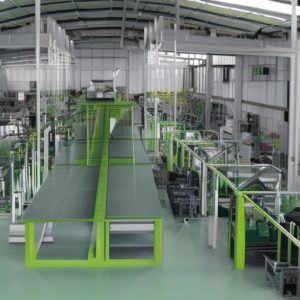
Reduced capital investment and operating costs
Plant-based chemicals require less energy for manufacture and transportation, which translates into reduced operating expenses
Increase in product performance
Many of the chemicals produced from plant sources have similar properties than those derived from petrochemicals, and sometimes even more, creating new opportunities for research to enhance the performance of products through innovation. For example, the biocidal properties from lactic acid are higher than those produced from some petrochemicals products, while being safer.
The surfactants produced from coconut oil are more gentle than those produced from ethoxylated alcohols. These are just a few examples of how chemicals produced from plant-based feedstocks can increase product performance.
Reduced risks associated with raw material supply
Natural raw materials are more reliable than synthetic raw materials since they are not limited by finite resources and can be produced locally. Thus, they can ease supply chain risks and ensure reliable supplies. This is also in line with the principle of circular economy and proximity, which is more and more requested by authorities and consumers.
Conclusion
25 years of research and development have allowed us to be the first holder of market authorisations in Europe for our plant-based patented chemistry in hygiene and cleaning products.
The SALVECO laboratory is your privileged partner for healthy and low-impact disinfectants and detergents.
Our products have many benefits for both health and the environment and are suitable for a wide range of applications including healthcare, homecare, food processing, veterinary, domestic and industrial settings.
Feel free to contact us to determine if and how we might help.
